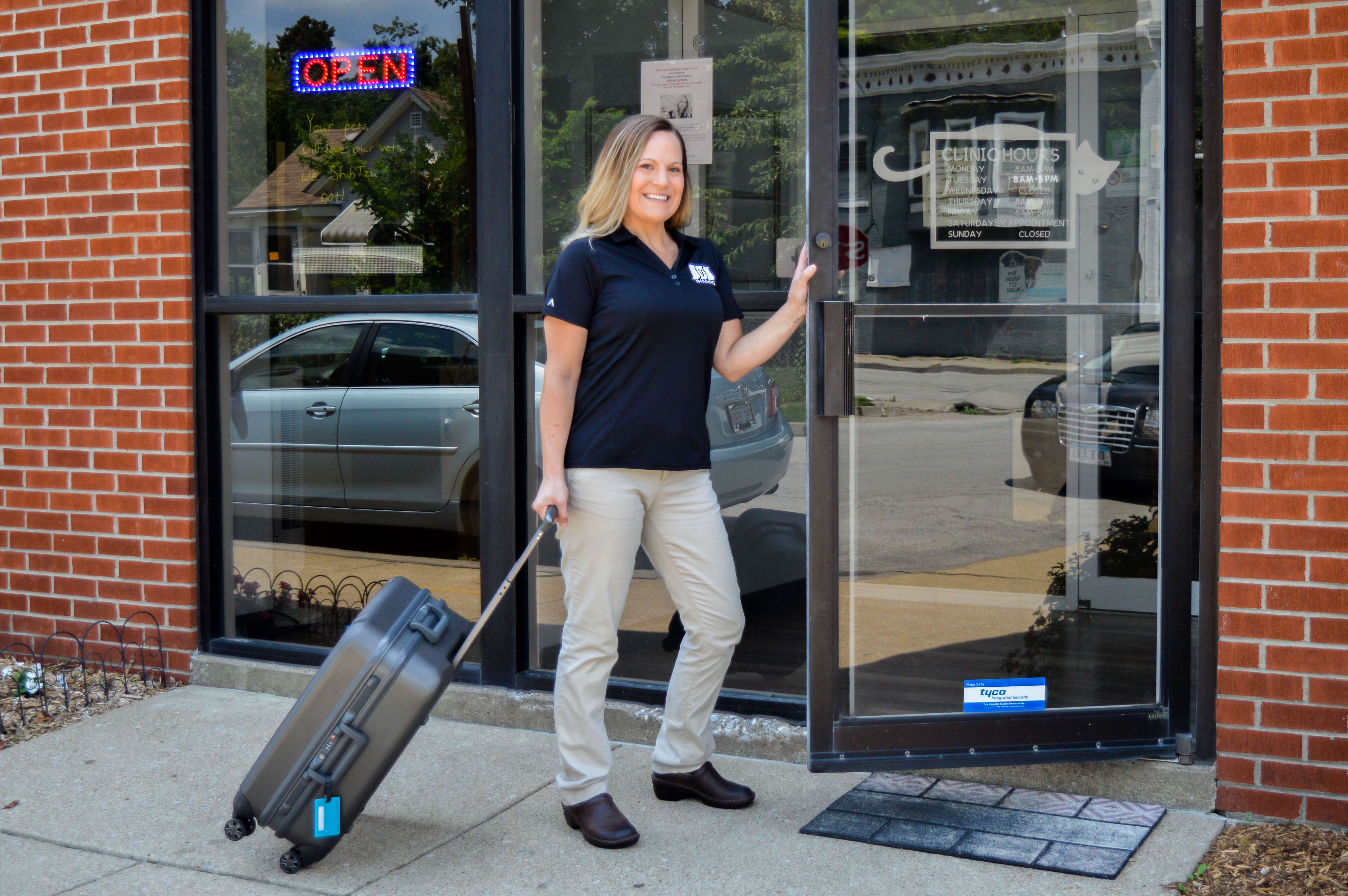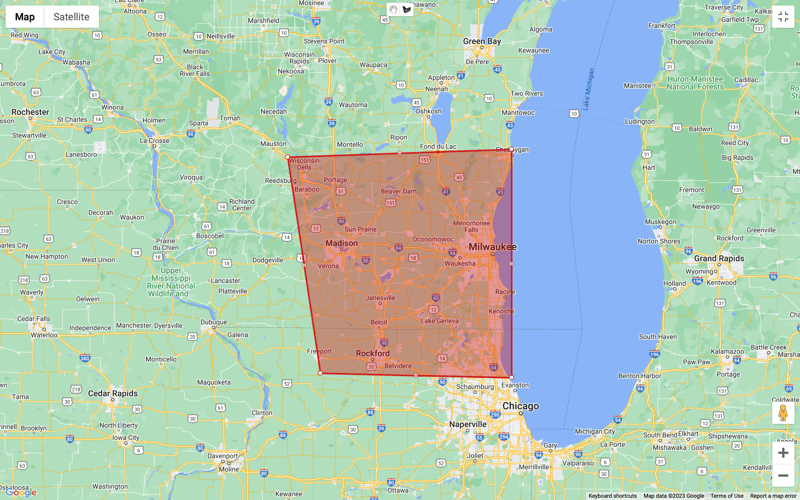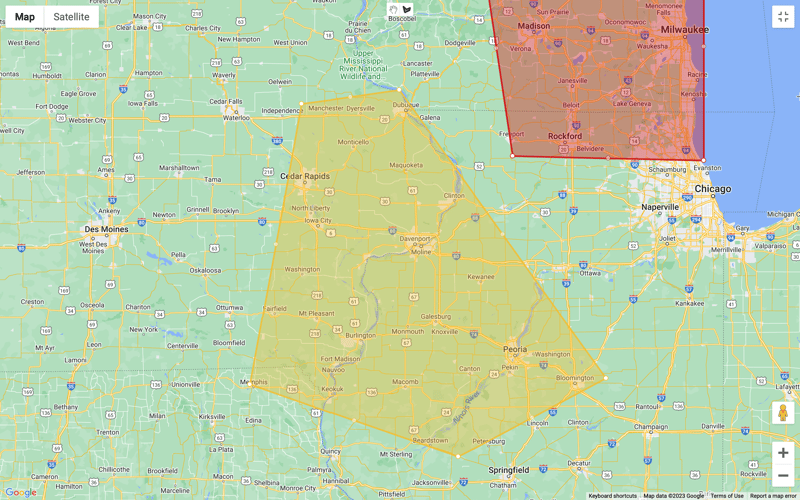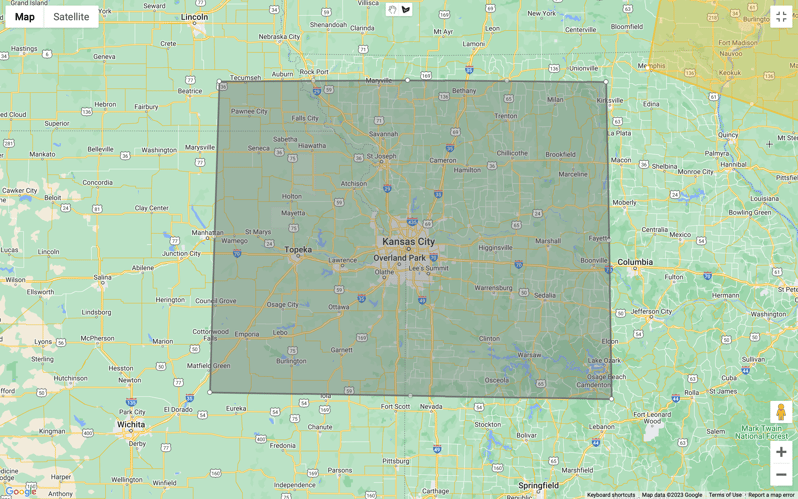What is Ultrasound?
Ultrasound is a non-invasive, non-painful diagnostic test that allows us to visualize the internal organs and evaluate for disease. When we ultrasound the abdomen, we evaluate the liver, gall bladder, kidneys, bladder, spleen, adrenal glands, stomach, intestines, colon, pancreas and lymph nodes.
-
Common causes, diseases, and clinical signs we look for
• Liver disease
• Enlarged liver
• Jaundice
• Kidney failure/kidney disease
• Bladder infections and or stones
• Blood in the urine and inappropriate urination
• Prostate infections or enlargement
• Enlarged spleen
• Excessive drinking and urinating
• Diarrhea
• Blood in the feces
• Abdominal pain
• Weight loss
• Lethargy
• Anorexia (not eating or decreased appetite)
• Pancreatitis
• Cancer search or staging for treatment
• Infections
• Cushing’s disease/adrenal disease
• Vomiting
• Anemia
• Ascites (fluid in the abdomen) and pleural effusion (fluid around in the lungs)
• Sampling masses or fluid accumulation
• Abnormal laboratory values (for example – liver enzyme elevation, anemia, elevated white blood cell counts)
• Pregnancy detection -
For Pet Parents
We are very sorry but we cannot make appointments directly with pet owners. Please have your veterinarian contact us for an appointment.
What to Expect:
Your pet will be shaved for the ultrasound as fur or hair obscures our view. We limit the area shaved to the portion of the body being examined.
We do ask that your pet is held off of food for 12 hours, and water a few hours before the ultrasound, and your pet should have a full bladder.
In the vast majority of cases, ultrasound is done on an awake animal, although light sedation is needed in specific instances. Pre-visit medications (such as gabapentin or trazodone) can be useful to reduce anxiety in patients, as our goal is for your pet to be as calm as possible for the exam.
Please discuss this further with your veterinarian. If a sampling procedure is appropriate, your veterinarian will discuss this with you in advance.
It is important to note that Dr. Gromalak consults directly with your veterinarian who will then relay the results to you. You are asked to drop off your pet prior to the time window given to your veterinarian at the beginning of the day of your pet’s appointment or you can wait in the waiting room during the ultrasound.
Echocardiograms
When we ultrasound the heart, we look at the size and function of the heart. Sometimes we obtain a baseline when a murmur is first heard, or as a clearance for anesthesia. In patients with clinical signs of coughing or difficulty breathing, we are looking for evidence of primary heart disease as a cause of the clinical signs and to rule in/out the possibility of heart failure. Most often, I will request a chest X-ray at the time of the exam to help evaluate the lungs. Blood pressure is also useful in many of these patients. Young puppies and kittens that are diagnosed with murmurs will be advised by your veterinarian to have an echocardiogram to see if there is a congenital abnormality, especially before anesthesia for spay or neuter and to evaluate if your pet is a candidate for a corrective procedure if indicated.
-
Indications for Echocardiogram
• Heart murmurs – acquired and congenital
• Enlarged heart on x-rays
• Coughing
• Difficulty breathing
• Collapse/fainting
• Abnormal heart rhythms
• Hypertension (elevated blood pressure)
• Pre-anesthetic screen
• Heart-based masses or right atrial masses/cancer screen
• Masses in the chest
• Diaphragmatic hernia
• Pleural effusion or pericardial effusion (fluid around the lungs or heart)
Areas We Serve
Additional Services We offer

In-Clinic Training
A member of our team will come to your clinic and train you on your ultrasound equipment.
We'll cover knobology & taking measurements, we'll also teach you an ultrasound scanning technique that can quickly be memorized and mastered; whether your focus is abdominal ultrasound or echocardiograms.
.jpg)
Ultrasound Wet Labs
We offer hands-on wet labs for abdominal ultrasound, echocardiograms, and fine needle aspiration.
We maintain small group sizes to ensure maximum participation.
.jpg)
One-on-One Training
Set up a personal one-on-one wet lab and ride along with one of our mobile sonographers. Our sonographer will provide personalized hands-on training based on your skill set. This is a great way to see ultrasound being used in a clinical setting.
We'll work with you to create a personalized schedule based on your availability, and the number of training days you'd like.




